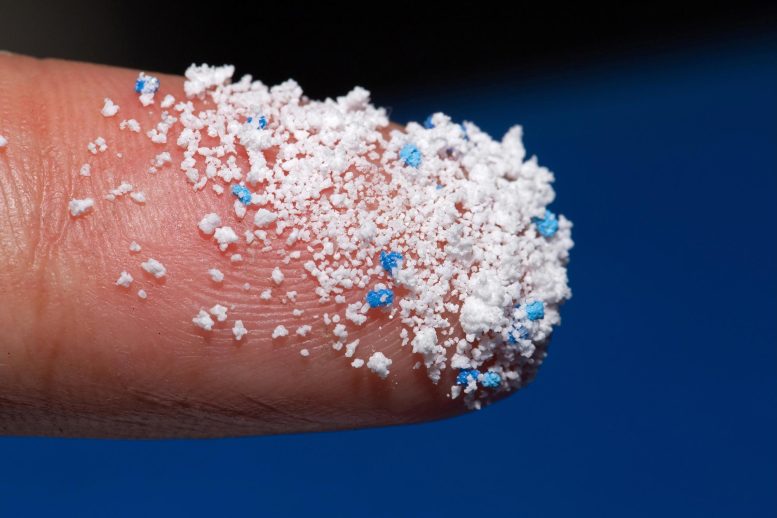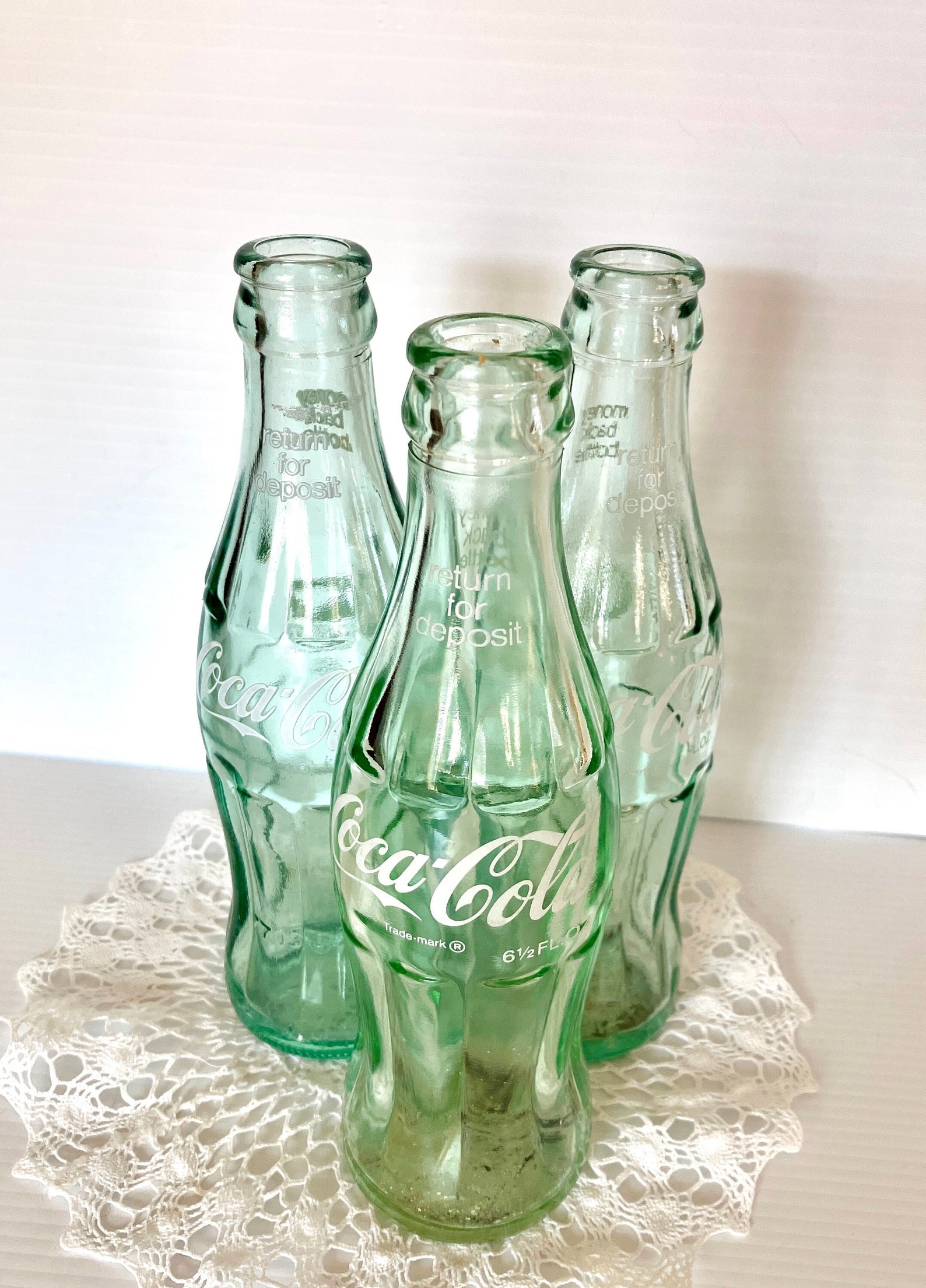
Posted on 04/15/2025 10:45:53 AM PDT by Red Badger

Starch-based biodegradable plastics, once considered safer, may cause liver damage, metabolic issues, and gut microbiome imbalances when ingested, as shown in animal studies. Researchers found that mice exposed to these microplastics had disrupted organ function and altered biological rhythms.
*****************************************************************
Starch-based biodegradable plastics may cause organ damage and metabolic issues, raising concerns about their safety despite being considered eco-friendly.
Plastic products gradually break down through wear and tear, releasing tiny, often microscopic, plastic particles that may pose health risks if inhaled or ingested. To address this, researchers have developed biodegradable plastics made from plant starch rather than petroleum.
However, a preliminary study published in ACS’ Journal of Agricultural and Food Chemistry found that animals exposed to particles from these plant-based plastics experienced health issues, including liver damage and disruptions to their gut microbiome.
“Biodegradable starch-based plastics may not be as safe and health-promoting as originally assumed,” says Yongfeng Deng, the corresponding author of the study.
Microplastics in the Body: A Growing Concern
Microplastics (plastic pieces less than 5 millimeters wide) are entering human bodies through contaminated water supplies, foods and drinks — and even IV infusions. Scientists have linked plastic particles in the bloodstream and tissues to various health risks. For example, a study found that people with inflammatory bowel disease have more microplastics in their feces. Biodegradable plastics have been presented as a safer, more environmentally friendly alternative to traditional petroleum-based plastics.
One of the most common types comes from starch, a carbohydrate found in potatoes, rice, and wheat. However, there is a lack of information on how starch-based biodegradable plastics affect the body. A team of researchers led by Deng tackled this issue by exploring these effects in animal trials.
The researchers compared three groups of five mice: one group consuming normal chow and two groups consuming food infused with starch-based microplastics. The doses (low and high) were calculated and scaled from what an average human is expected to consume daily. They fed the mice for 3 months and then assessed the animals’ organ tissues, metabolic functions, and gut microbiota diversity.
Health Impacts Observed in Mice
Mice exposed to the starch-based plastic particles had:
* Multiple damaged organs, including the liver and ovaries, with more pronounced damage in the high-dose group. However, mice eating normal chow showed normal organ tissue biopsies.
* Altered glucose management, including significant abnormality in triglycerides (a type of fat) and disruption in molecular biomarkers associated with glucose and lipid metabolism, compared to mice fed normal chow.
* Dysregulated genetic pathways and specific gut microbiota imbalances, which the researchers suggest could alter microplastic-consuming animals’ circadian rhythms.
“Prolonged low-dose exposure to starch-based microplastics can lead to a broad spectrum of health impacts, particularly perturbing circadian rhythms and disrupting glucose and lipid metabolism,” says Deng. However, the researchers acknowledge that because this is one of the first studies examining the impacts of consuming starch-based microplastics, further research is needed to understand how these biodegradable particles break down in the body.
Reference:
“Long-Term Exposure to Environmentally Realistic Doses of Starch-Based Microplastics Suggests Widespread Health Effects”
by Jing Liu, Peng Xia, Yi Qu, Xue Zhang, Ruqin Shen, Pan Yang, Hongli Tan, Hexia Chen and Yongfeng Deng, 9 April 2025, Journal of Agricultural and Food Chemistry.
DOI: 10.1021/acs.jafc.4c10855
The authors acknowledge funding from the Natural Science Foundation of China, the Jiangsu Province Young Science and Technology Talent Support Program, the Joint Fund of Departments and Schools, the Start-up Research Fund, and the Zhishan Young Scholars Fund of Southeast University by the Fundamental Research Funds for the Central Universities.
Looks like the only good plant based products are raw veggies
Well so much for one more piece of liberal idiocy. We really need Red Doctors and researchers and 'Blue' Doctors and Researchers... the plant based crap in cars draws squirrels to eat your car wiring too... Avoid 'WOKE' Chevy's too..
Not surprised at all.

So did I !!!..............
I’ll bet you checked the pay phone change-return cup, too!
OF COURSE!..................
Another neat thing about them they had the state the were bottled at as a teen the tribe went into the store for one the person who drew the nearest star had to buy the round.
Don’t forget checking the coin return on pay phones. Today’s equivalent is returning shopping carts at Aldi for the quarter.
And it only decomposes under extreme (laboratory) conditions. Not in your compost heap at home, not in nature, and not in municipal compost plants. PLA can stay in 3-D printers but it is a marginal improvement over conventional plastic at best.
Disclaimer: Opinions posted on Free Republic are those of the individual posters and do not necessarily represent the opinion of Free Republic or its management. All materials posted herein are protected by copyright law and the exemption for fair use of copyrighted works.